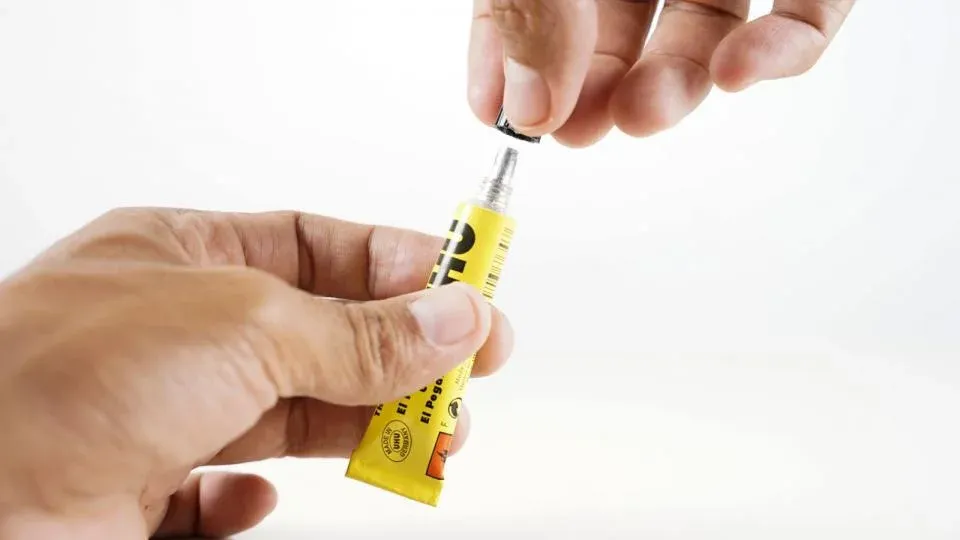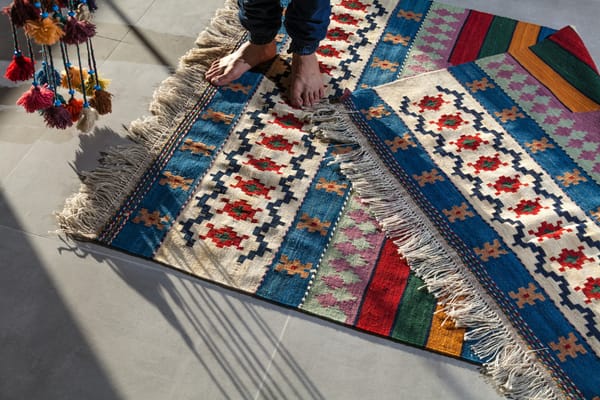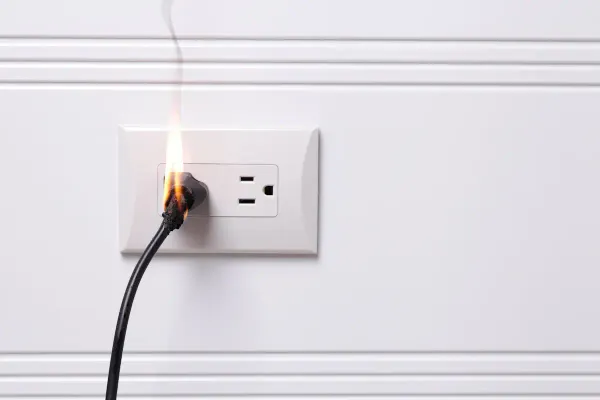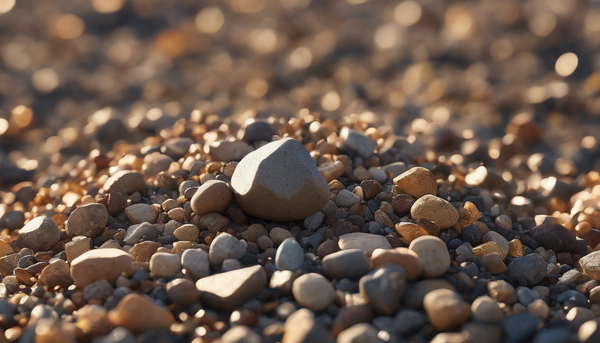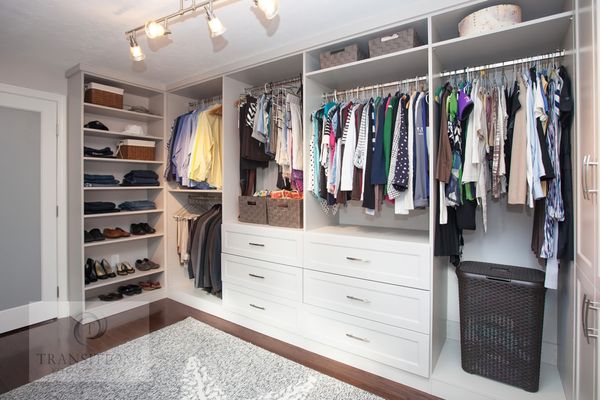When it comes to gluing metal to wood, choosing the right glue can be a daunting task. There are many types of adhesives available in the market, each with its own set of strengths and weaknesses. In this blog post, we will take a closer look at the best glue for gluing metal to wood.
Before we dive into the details, it's important to understand the properties of metal and wood. Metals are typically smooth and non-porous, which makes it challenging for adhesives to bond with them. Wood, on the other hand, has a porous and fibrous structure that allows adhesives to penetrate and bond with its fibers.
Given these properties, the best glue for gluing metal to wood should be strong, durable, and capable of bonding with both smooth and porous surfaces. Here are some of the top options:
Polyurethane
Polyurethane is a versatile adhesive that can bond with a wide range of materials, including metal and wood. It is known for its strength, flexibility, and water resistance. Polyurethane adhesive also has a long working time, which allows you to make adjustments before it cures. The downside of polyurethane adhesive is that it can be messy and difficult to clean up.
Our pick:
Epoxy Glue
Epoxy is a two-part adhesive that is known for its strength and durability. It is an ideal choice for bonding metal to wood as it can bond with both smooth and porous surfaces. Epoxy is also waterproof and heat-resistant, making it a good choice for outdoor projects or applications that will be exposed to heat. The downside of epoxy is that it takes some time to cure, so it's important to allow sufficient drying time before handling the glued surfaces.
Our pick:
Cyanoacrylate
Cyanoacrylate, also known as superglue, is a fast-drying adhesive that is ideal for small, lightweight projects. It is capable of bonding metal to wood, but it is not quite as strong as epoxy. Cyanoacrylate also has sufficient resistance to heat and water, but may not hold up to extreme temperatures if being used in an outdoor application.
Our pick:
Contact Cement
Contact cement is a type of adhesive that is commonly used for bonding large surfaces, such as countertops or flooring. It is ideal for bonding metal to wood as it can bond with both smooth and porous surfaces. Contact cement also has a strong bond and is resistant to heat and water. The downside of contact cement is that it requires some skill to apply, and it can be challenging to make adjustments once the surfaces are glued together.
When choosing the best glue for gluing metal to wood, it's important to consider the specific requirements of your project. Consider the weight of the metal and the size of the surfaces to be glued. Also, consider the environment in which the project will be used, such as exposure to water or heat. By taking these factors into account, you can choose the best adhesive for your needs.
Conclusion
In conclusion, there are many adhesives available for bonding metal to wood, but epoxy, cyanoacrylate, polyurethane, and contact cement are some of the best options. Each of these adhesives has its own set of strengths and weaknesses, so it's important to consider your specific needs before making a choice. With the right adhesive, you can create strong and durable bonds between metal and wood, making your project a success.

